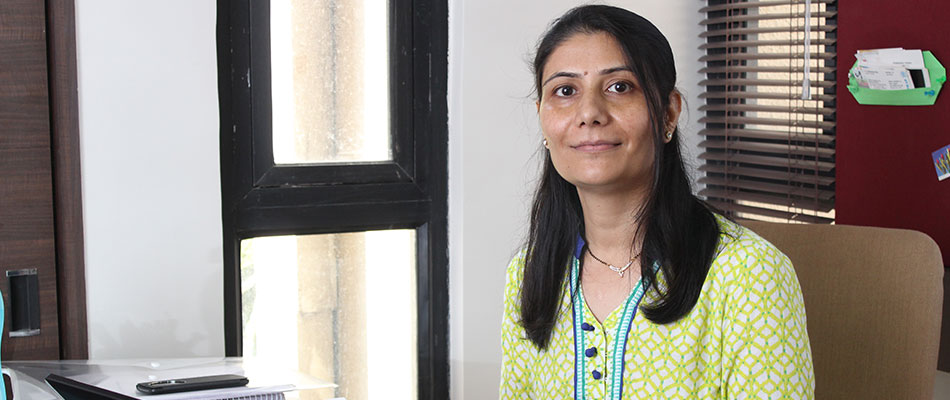We humans can appreciate wide variety of foods and tastes because of our omnivorous evolutionary history. But still we have selective preferences for food. Our food habits are also changing with our life styles. We are switching to convenient ways of having readymade or partially prepared foods. Preparing a wholesome supply of nutrients in all meals regularly is undoubtedly challenging in today’s fast paced world. Such foods in our daily diet are not providing the complete nutrition to the body as the diversity of nutrients that different foods deliver is being compromised with. What I want to address here is not only the issue of receiving wholesome nutrition, but more than that.
Could it be that eating variety of foods can save us from losing many native crops and hence crop diversity?
The introduction of Green revolution, around fifty plus years ago increased the global agricultural production but resulted in propagation of fewer higher yielding varieties which replaced the locally adapted staple grains such as wheat, rice and many others. We have lost close to seventy five percent of fruits, vegetables and grains in the last century because of multiple anthropogenic factors. Selective consumption is one of them. Different people interpret food diversity in different ways. We must not confuse the variety a particular crop offers with the plethora of nutrients multiple foods would deliver. The food items need to be nutrient diverse. Our much beloved vada pav, french fries, burgers, potato curry, aloo paratha etc. appear different food items but the raw material for each is same and all are basically source of mostly carbohydrate as the nutrient.
Just think of the kinds of fruits, vegetables and grains we are bringing into our kitchens. We prefer the same types of food again and again, increasing the homogeneity in the food demand and supply. This practice inadvertently impacts the local farmers and also our economy. Farmers do not get good price for the crops that are not in demand in the market. They are forced to switch to the agricultural products in demand, leading to the augmentation of monoculture. But if we can encourage diverse food behaviors, we can generate a demand-pull and incentivize farmers to switch to more heterogeneous crop patterns. Crop diversity can then further help in reducing poverty and promoting sustainable agriculture. The fact is that crop diversity is pivotal for ensuring food security to feed the world. Native crops respond better to local ecosystems, are more adapted to climate change and very importantly protect nutritional security.
Another related consideration is: with our present homogenous food consumption patterns, will we end up losing the genes required for the metabolism of those foods which are innocently getting ignored?
Genes, the set of instructions in the form of DNA (deoxyribonucleic acid) which determine the morphology and physiology of organisms, will get adversely affected by our current practices. The nutrition modifies the extent to which different genes are expressed. For example, we all know about lactose intolerance. Infants and young children are able to digest milk sugar lactose naturally. Most adults are maldigesters for lactose but some can metabolize it very well. However, stopping dairy consumption for a few years can make even these lactose tolerants become lactose intolerant. This is because the lack of lactose in the body leads to reduction in the lactase enzyme production, making the responsible genes inactive. Similarly, the absence of many foods from the diet will eventually render non-functional those genes which are required to break down and assimilate them. This is well studied in the field of nutrigenomics – an approach combining genomic science with nutrition. It examines relationships between our diet and it’s response to the concerned genes and their respective expression.
Continuation of this unintentional practice will worsen the situation in subsequent generations and a major function will be lost forever! Is this not a matter of concern that just a few generations down the line, our children may only be able to digest a few varieties of fruits, vegetable, cereals, pulses and other food items? This uncalculated exercise can pose harm to human species.
After all food is the ingredient that binds the society, so with a little bit more patience, perseverance and lots of variety in our food, let us together inculcate the tradition of eating right. Not only is this important for the global health but also a crucial step to save crop diversity.
- Prof. Shweta Rana, Associate Professor, Biology - Chair, Department of Physical and Natural Sciences, FLAME University


